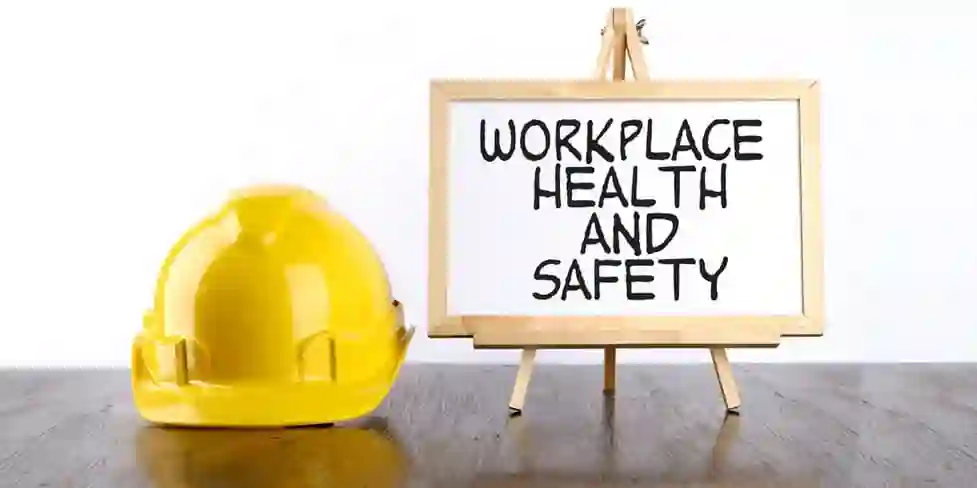Workplace safety is a paramount concern for businesses and organizations across all industries. Ensuring the well-being of employees and visitors not only safeguards lives but also promotes a culture of responsibility and care within the workplace. One effective way to enhance workplace safety is through an Emergency Health Response Workshop. In this article, we will explore the significance of such workshops, the key components they entail, the challenges they address, and the profound impact they can have on workplace safety.
Understanding the Importance of Emergency Health Response Workshops
Emergency Health Response Workshops are comprehensive training programs designed to prepare employees to respond effectively to a wide range of workplace emergencies. These workshops go beyond basic first aid training by equipping participants with the knowledge and skills required to handle critical health situations, accidents, and natural disasters, fostering a safer and more prepared work environment.
Key Components of an Emergency Health Response Workshop
- First Aid Skills: Participants are trained in basic first aid techniques, including cardiopulmonary resuscitation (CPR), wound care, and fracture management. These skills form the foundation of effective emergency response.
- AED (Automated External Defibrillator) Training: Knowing how to use an AED can be a lifesaver in cases of sudden cardiac arrest. Workshop participants learn to operate AEDs, which can deliver electric shocks to restart a person’s heart.
- Emergency Response Plans: Understanding and implementing workplace emergency response plans is crucial. Participants learn how to navigate emergency protocols, evacuation procedures, and communication strategies.
- Medical Emergency Management: Employees are trained to recognize and respond to various medical emergencies, such as heart attacks, strokes, allergic reactions, and seizures.
- Injury Assessment and Management: The workshop covers techniques for assessing the severity of injuries and applying appropriate treatments, including controlling bleeding, immobilizing fractures, and caring for burns.
- Mental Health Crisis Intervention: Given the increasing awareness of mental health issues, workshops may include training on recognizing signs of mental distress and offering initial support to individuals in crisis.
- Natural Disaster Preparedness: In areas prone to natural disasters like earthquakes, floods, or wildfires, workshops may incorporate training on disaster preparedness and response.
Addressing Workplace Challenges through Emergency Health Response Workshops
Emergency Health Response Workshops are designed to tackle several challenges that workplaces commonly encounter:
- Reducing Severity of Injuries: Quick and effective response to workplace accidents and medical emergencies can significantly reduce the severity of injuries, leading to better outcomes for affected individuals.
- Ensuring Regulatory Compliance: Many industries and regions have specific regulations and requirements for workplace safety training. Emergency Health Response Workshops help organizations meet these standards and avoid potential legal issues.
- Fostering a Safety Culture: By investing in comprehensive training, organizations demonstrate their commitment to employee safety and cultivate a culture where employees feel empowered to take action in emergencies.
- Boosting Employee Confidence: Employees who are trained in emergency response are more confident in their ability to handle critical situations, which can lead to a more effective and organized response during emergencies.
Implementing Emergency Health Response Workshops
To successfully implement Emergency Health Response Workshops, organizations should consider the following steps:
- Needs Assessment: Identify the specific training needs of the workplace based on industry, potential hazards, and employee demographics.
- Customized Training Programs: Develop training programs tailored to the unique requirements of the workplace, including the types of emergencies that are most likely to occur.
- Qualified Instructors: Ensure that the training is conducted by certified professionals with expertise in emergency response and first aid.
- Regular Updates and Refresher Courses: First aid techniques and emergency response protocols can evolve over time. Regular updates and refresher courses are essential to maintain skills and knowledge.
- Practical Training: Incorporate realistic scenarios and hands-on practice sessions to enhance skill retention and confidence.
Leveraging Technology in Emergency Health Response Workshops
Technology plays a significant role in enhancing the effectiveness of Emergency Health Response Workshops:
- Online Learning Platforms: Offer flexibility for theory-based components of training, making it easier for participants to access materials at their convenience.
- Virtual Reality (VR) Simulations: Provide realistic and immersive training scenarios that allow participants to practice their skills in a controlled and safe environment.
- Mobile Apps: Offer quick access to emergency procedures, resources, and training materials, ensuring that participants are well-equipped even on the go.
The Impact of Emergency Health Response Workshops
The profound impact of Emergency Health Response Workshops extends far beyond the workplace:
- Employee Safety: Above all, these workshops prioritize the safety and well-being of employees, ensuring that they have the knowledge and skills to respond effectively to emergencies both at work and in their personal lives.
- Improved Workplace Morale: A safe and supportive work environment contributes to higher job satisfaction and employee morale, leading to increased productivity and retention.
- Cost Savings: By reducing the severity of injuries and medical emergencies, organizations can lower healthcare costs and workers’ compensation claims.
- Enhanced Reputation: Organizations that prioritize safety build a positive reputation within their industry, attracting top talent and gaining the trust of clients and partners.
Conclusion
Emergency Health Response Workshops are a vital investment in workplace safety and preparedness. By equipping employees with the knowledge and skills to respond effectively to emergencies, organizations demonstrate their commitment to employee well-being and create a culture of safety and responsibility. This investment extends beyond the workplace, making our communities safer and more capable of responding to emergencies wherever they may occur. In a world where the unexpected can happen at any moment, Emergency Health Response Workshops are not just a choice; they are a responsibility that organizations should embrace wholeheartedly for the sake of their employees and their own continued success.







